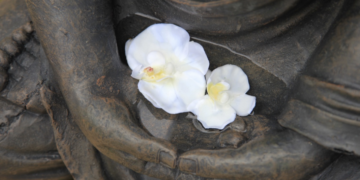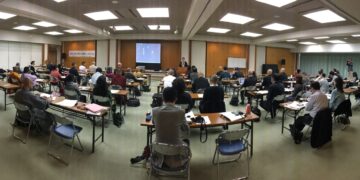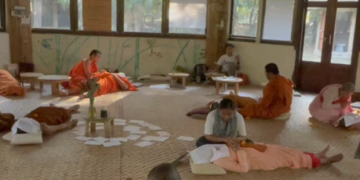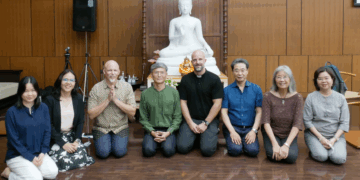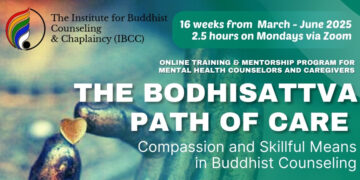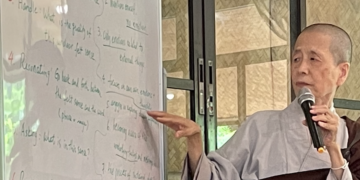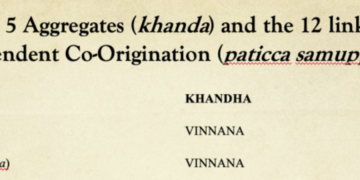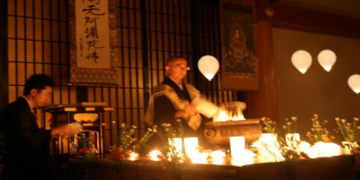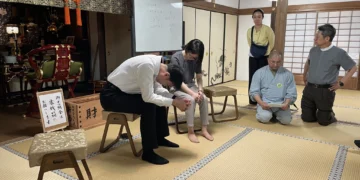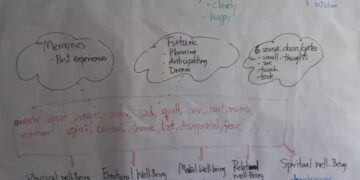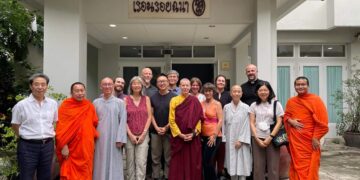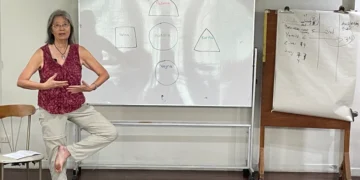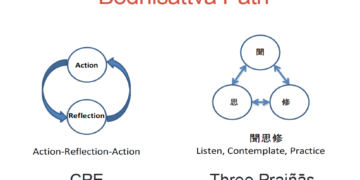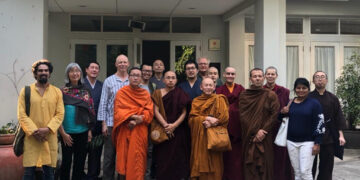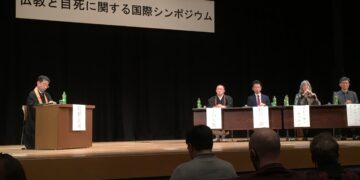Japan Network of Engaged Buddhists (JNEB)
Background
- Engaged Buddhism is the practice of Buddhism not only for personal liberation but also for the liberation of all sentient beings through the pursuit of social transformation and social justice. Engaged Buddhism is practiced through social welfare and relief activities that address the direct causes of suffering and through social change activities that confront the deeper structural and cultural causes of suffering. Engaged Buddhism also emphasizes individual Buddhist practice and inter-relational practice in community as foundations for holistic change.
- The International Network of Engaged Buddhists (INEB) was created in February 1989 in Thailand and has expanded throughout years to include members – individuals and organizations – from more than 20 countries in Asia, Europe, America, and Oceana. INEB brings together mostly Buddhist-based organizations, activists, spiritual leaders, and academics around the world to share resources and to support each other’s healing work in the world. INEB is rooted in the treasure of personal relationship (kalyanamitra) that raises the original spirit of sangha in a contemporary, multi-cultural context. INEB participants work in a decentralized manner with many INEB activities being run under a variety of different names depending the host in a particular community or region. The INEB Secretariat in Thailand maintains a flow of information, support, and cohesion, with programs and joint activities that build participants’ capacities.

Methodology
- Based on core INEB philosophy of kalyanamitra, JNEB is an informal, open, and free association facilitated by an Organizing Committee of roughly six person. This open structure aims to empower the young (both lay and ordained) and those without formal association or status to raise interests and issues as well as propose agendas and projects.
- While some members of JNEB participate in the INEB Executive and Advisory Committees, JNEB is an independent organization with the power to create its own policy and activities. Neither INEB’s Executive and Advisory Committees nor the INEB Secretariat in Bangkok has the power to control or decide upon JNEB activities. JNEB and INEB work together in a partnership and fellowship based on the core value of kalyanamitra.
General Objectives
- JNEB’s primary purpose is not necessarily developing new engaged Buddhist activities at the grassroots level. Rather, as a network, it seeks to increase the systemic efficiency of engaged Buddhists within Japan and also internationally through various forms of coordination such as:
- creating a network and portal for Buddhists already involved or interested in getting involved in social issues to meet one another, learn of each others’ activities, and support one another in such activities.
- Providing a) educational events for both beginners and advanced practitioners to learn more about Buddhism and social engagement, and b) special retreats for engaged Buddhists to take a break from their social work, engage in Buddhist practice, and develop deeper connections and relationships with fellow colleagues.
- When it is appropriate, JNEB members may initiate new project activities that have a special function to link a variety of activists in one field into larger collaborative action.
***All of the above activities are designed to operate on a domestic level within Japan but also may occur on an international in collaboration with various other INEB members and organizations.
Main Activities
- Coordinates and facilitates Japanese participation in INEB events, especially the INEB main conference (held every two years)and the INEB East Asia Forum (intervening years)
- Creates and facilitates liaisons and cooperative activities between engaged Buddhists in other countries and ones in Japan through information sharing, public events in Japan, and study tours and visits abroad.
- Communicates the work of INEB and other engaged Buddhists internationally and within Japan through various forms of media
- Organizes workshops, study tours, and other events to expose, especially the young, to social problems within Japan and creative solutions and activities by Buddhists as well as non-Buddhists, such as:
- Study Tours (based on the Four Noble Truths: see the problem & reality and also people who are working to solve it) 3-5 days
- Workshops (showing how a beginner can get involved and how someone involved can develop more mature activities) 1-2 days
- Retreats (sharing Buddhist practice, learning about each other and building friendships, study various issues together) 3-5 days
- Engaged Buddhist study in English (for learning and preparing for overseas study and practice) once a month
- Other Events (in cooperation with other groups

